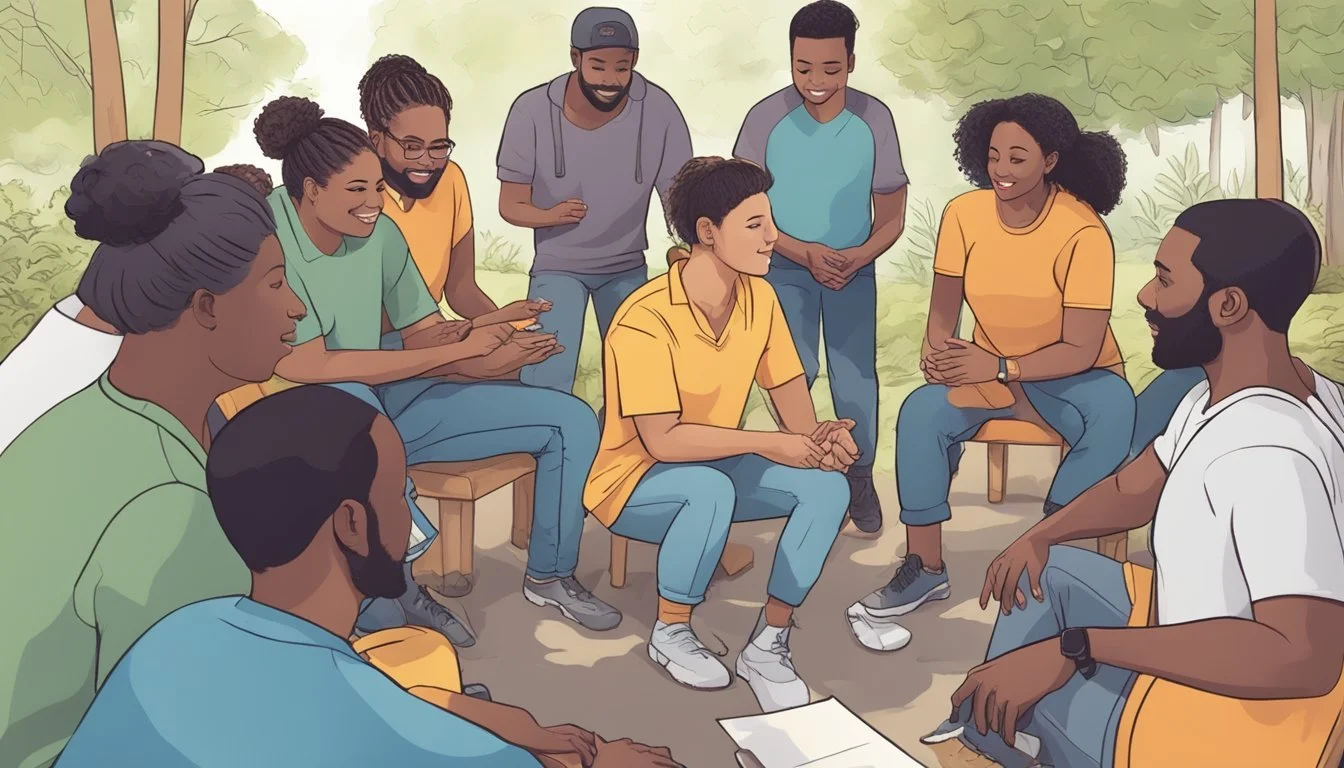
In today’s hyper-connected yet often isolating world, the value of true friendships cannot be underestimated. Deep, supportive relationships enrich our daily lives, offer strength during hard times, and play a crucial role in our happiness and overall mental health. As therapists, we witness firsthand how meaningful social bonds positively impact emotional wellness, and we want to share with you how you can nurture and sustain these important connections.
The Mental Health Benefits of Close Friendships
Think about the people who really understand you—the friends who can make you laugh endlessly, who listen without judgment when you’re hurting, and who genuinely celebrate your wins. These relationships go far beyond casual socializing; they’re essential to emotional balance and resilience. Meaningful friendships can:
- Ease Loneliness and Isolation: Close bonds reduce feelings of disconnection and provide a sense of belonging.
- Offer Emotional Support: Friends give us safe spaces to express joy, sadness, or vulnerability without fear of judgment.
- Boost Self-Worth: Being valued and accepted by friends strengthens confidence and self-esteem.
- Provide Fresh Perspectives: They encourage us to see challenges in new ways and broaden our outlook.
- Increase Resilience: Supportive networks help buffer the effects of stress and make us more adaptable in tough situations.
- Foster Purpose and Belonging: Feeling connected to others creates a sense of meaning and enhances life satisfaction.
How to Build and Maintain Meaningful Friendships
While most people crave strong connections, forming and keeping them takes effort. Here are some practical ways to deepen your relationships:
- Be Approachable: initiate conversations, show genuine interest in others, and remain open to meeting new people in various settings.
- Listen Actively: Pay attention, avoid interruptions, and show empathy to build trust.
- Be Authentic: Share your true self, including your vulnerabilities, to encourage closeness and honesty.
- Invest Time: Prioritize your friendships with regular contact and quality time together.
- Be Supportive: Offer encouragement, reliability, and presence through life’s highs and lows.
- Find Shared Interests: Engage in hobbies or activities you both enjoy to strengthen bonds.
- Practice Forgiveness: Handle disagreements with empathy, communication, and understanding.
How Therapy Can Support Stronger Connections
For some, making or sustaining friendships feels difficult due to past experiences, social anxiety, or trust issues. Counseling can help you:
- Recognize past relationship patterns that may affect current connections.
- Manage social anxiety and build confidence in group settings.
- Improve communication and conflict resolution skills.
- Strengthen self-esteem to feel more comfortable socially.
- Heal from betrayals or disappointments and learn to trust again.
- Establish healthy boundaries for balanced, respectful relationships.
- Develop and practice social skills like initiating conversations or expressing needs.
- Process grief or loss related to friendships in a supportive space.
Investing in Friendships is Investing in Yourself
True friendships don’t just happen—they grow with attention, care, and consistency. By prioritizing these relationships and seeking professional support when needed, you can create a supportive social circle that greatly improves your mental health and overall quality of life.
If you’re ready to strengthen your ability to build lasting, fulfilling friendships, our team of compassionate therapists is here to guide you. Together, we can help you foster deeper connections and greater emotional well-being.
